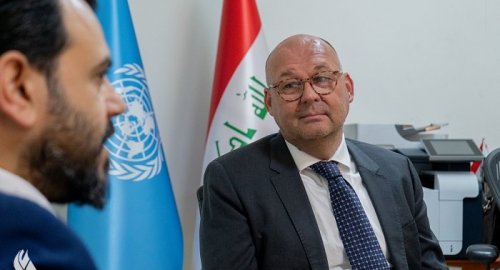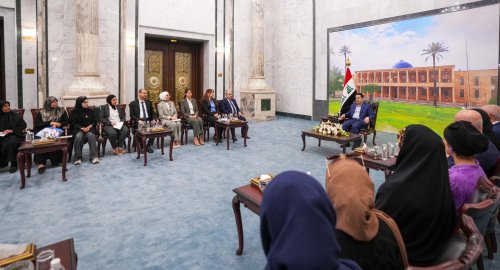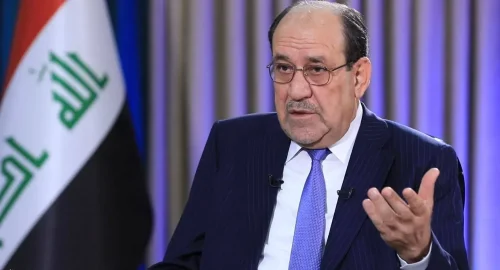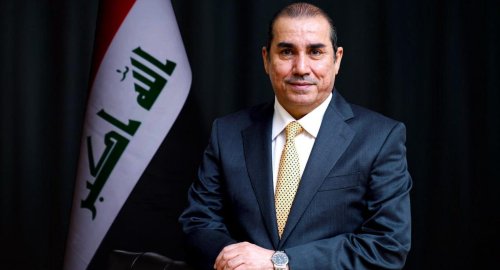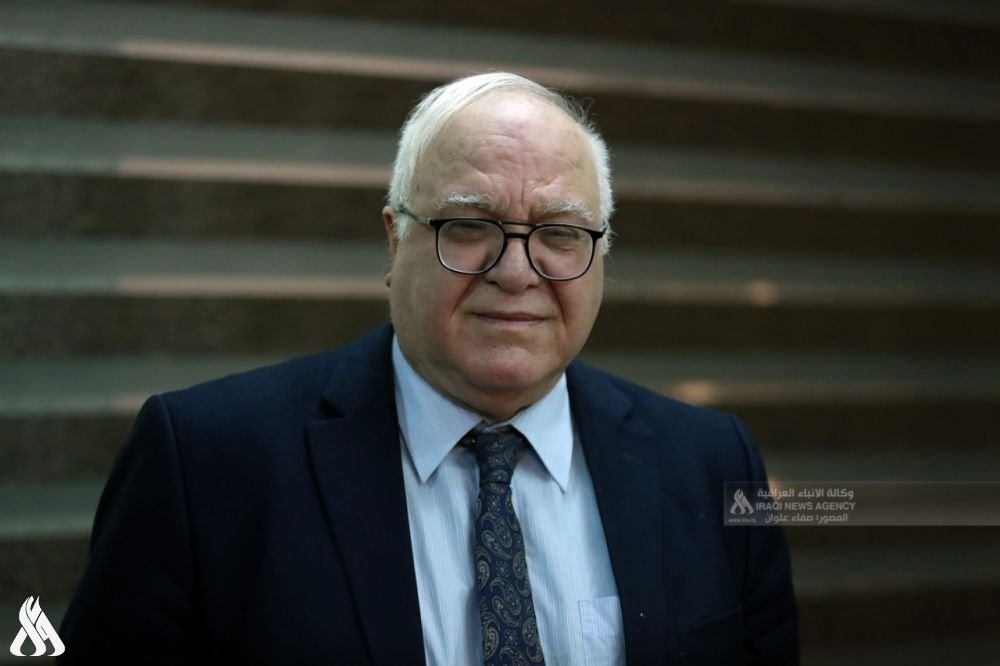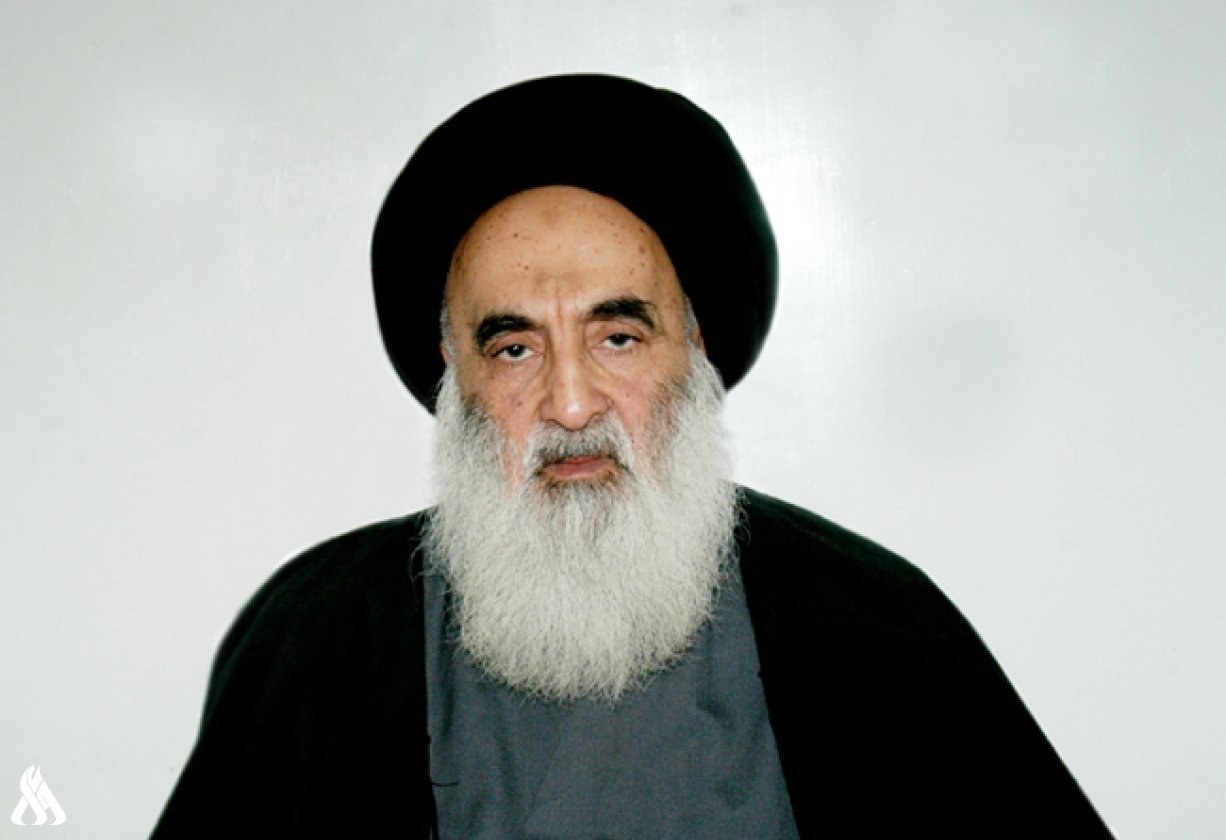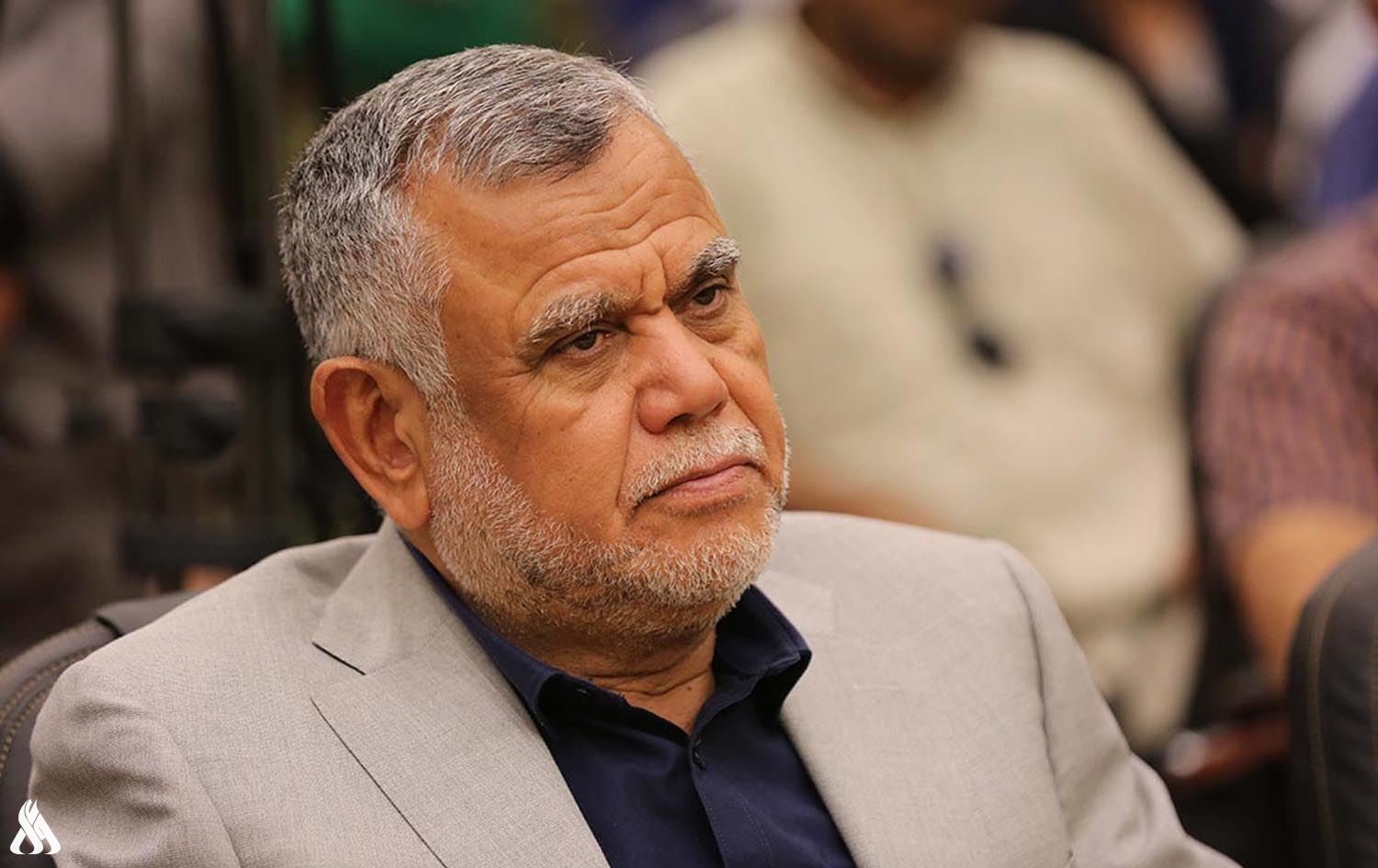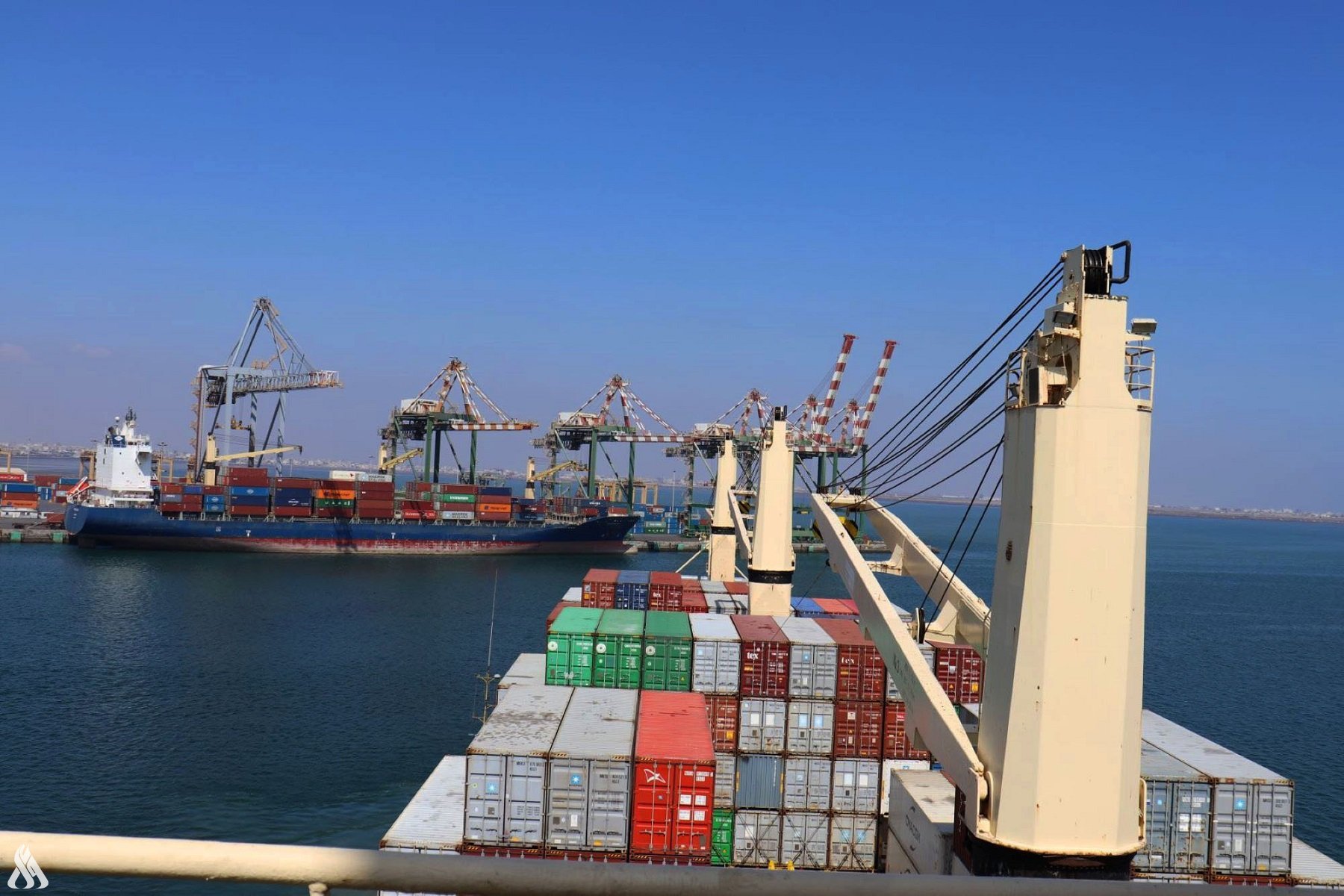
Government Advisor Reveals Measures to Revitalize Iraq’s Insurance Sector

- 24-01-2025, 12:14
Baghdad – INA
Mazhar Mohammed Saleh, The financial advisor to the Iraqi Prime Minister, confirmed on Friday that the government is seriously committed to revitalizing the country’s insurance sector.
In a statement to the Iraqi News Agency (INA), Saleh outlined a series of measures aimed at addressing the sector’s challenges and fostering its growth.
Saleh emphasized that activating Iraq’s insurance sector and addressing the lack of awareness about insurance as a financial protection tool require addressing several interconnected factors.
These include macroeconomic dynamics, societal culture, and the need to revise existing legislation.
"For instance, it is crucial to introduce tax incentives for companies and individuals who opt for insurance, as well as support small and medium-sized enterprises in offering innovative insurance products tailored to market needs," he said.
He further stressed the importance of designing insurance products that cater to various segments of society, such as agricultural insurance, disaster insurance, and mandatory car accident insurance.
"Many citizens are unaware of the mechanisms in place for mandatory insurance, which is part of the broader societal lack of awareness about insurance in general," Saleh explained.
Building public trust in non-banking financial institutions, particularly the insurance sector, is another critical step. "Enhancing citizens' confidence in these institutions will reflect positively on the overall development of the insurance sector and its integration into the national economy," he added.
Saleh noted that the purchasing power disparity among many societal groups has led them to prioritize basic needs over future financial planning. This trend, he said, is compounded by years of wars, conflicts, and socio-economic changes that have deeply affected Iraqi society.
The decline in insurance culture is a fundamental factor hindering the sector’s growth, Saleh pointed out. "There is a lack of understanding about the benefits of insurance as a financial protection tool. Often, families and communities rely on traditional support systems, such as family or tribal networks, to face risks instead of turning to legal insurance solutions," he said.
To address these challenges, Saleh called for comprehensive awareness programs targeting youth and various workforce sectors, as well as improving service quality to build trust between customers and insurance companies. "Expanding the range of options offered by existing insurance companies and leveraging digital technology to enhance customer access to insurance services are also essential," he said.
Saleh highlighted the importance of fostering partnerships between the state and the private sector in the insurance industry. "Such collaboration represents the second phase of the financial and economic reforms undertaken by the government program," he stated.
He concluded by affirming the government’s serious commitment to revitalizing the insurance sector, describing it as a financial safeguard for individuals and society. "The insurance sector has a significant positive impact on the national economy and the development of financial markets by reducing risks and enhancing financial stability in the country," Saleh said.
Gaza Health Ministry Announces New Death Toll for Zionist Aggression
- International
- 06:04
Al-Maliki: Iraq Managed the Electoral Process Smoothly
- politics
- 05:18
Al-Sistani: Tomorrow, the 29th of Ramadan
- Local
- 25/03/29
Al-Amiri warns of any war between Iran and the US
- politics
- 25/04/01

